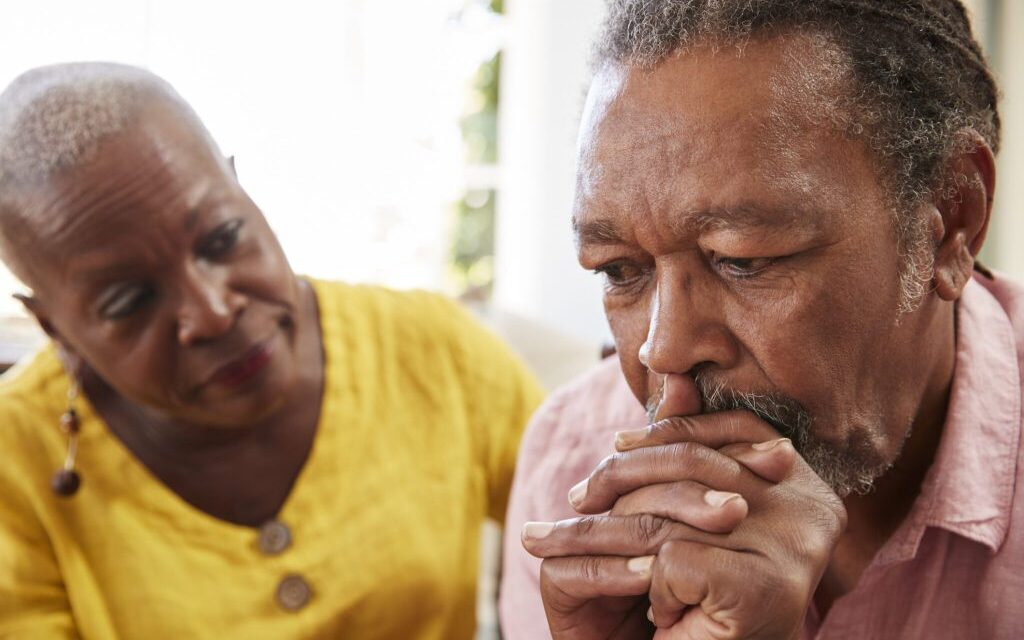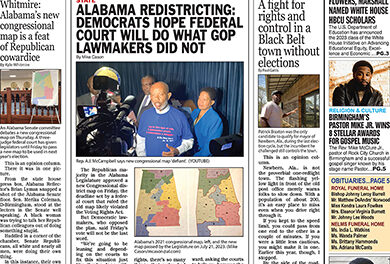Everyone ages. The longer you live on earth, the more you will notice how things change–including your body and mind.
Aging is a natural process of our lives. As we age, we experience gradual changes to our brains and bodies. Some of these changes affect our physical and mental abilities and may increase our risk of disease.
Each one of us experiences aging differently. The extent of how we experience changes due to aging, and the point in our lives when they start becoming more noticeable, varies from person to person.
As we grow older, it’s natural to feel concern about changes in our mental abilities. We want to carry out our daily routines, be self-sufficient and relive the most treasured moments of our lives – without having to worry about our memory and, in particular, dementia.
Most of us will continue to have strong memories as we age. Our ability to remember will not decline rapidly or substantively. In old age, we will retain the skills and knowledge learned throughout our lives.
Some of us will experience memory loss
According to the World Health Organization (WHO) lmost 40% of us will experience some form of memory loss after we turn 65 years old. But even if we experience memory loss, chances are still unlikely that we have dementia. For the most part, our memory loss is mild enough that we can still live our day-to-day lives without interruption.
A smaller percentage of us will have dementia
The WHO estimates that, after we turn 60 years old, 5 to 8% of us will live with dementia at some point. With dementia, symptoms including memory loss gradually worsen to the point where our abilities seriously deteriorate and we are no longer able to take care of ourselves.

Early signs of Alzheimer’s disease can vary from person to person, but memory problems are often one of the first warning signs. It’s just old age if you experience any of these signs.
1. Asking the Same Question Over Again
One of the most common signs of Alzheimer’s disease, especially in the early stage, is forgetting recently learned information. Others include forgetting important dates or events, asking the same questions over and over, and increasingly needing to rely on memory aids (e.g., reminder notes or electronic devices) or family members for things they used to handle on their own.
It’s Just Old Age If: You sometimes forget names or appointments, but remember them later.
2. Challenges in planning or solving problems
Some people living with changes in their memory due to Alzheimer’s or other dementia may experience changes in their ability to develop and follow a plan or work with numbers. They may have trouble following a familiar recipe or keeping track of monthly bills. They may have difficulty concentrating and take much longer to do things than they did before.
It’s Just Old Age If: You make occasional errors when managing finances or household bills.
3. Difficulty completing familiar tasks
People living with memory changes from Alzheimer’s or other dementia often find it hard to complete daily tasks. Sometimes they may have trouble driving to a familiar location, organizing a grocery list or remembering the rules of a favorite game.
It’s Just Old Age If: He/She occasionally needs help to use microwave settings or to record a TV show.
4. Getting confused with time or place
People living with Alzheimer’s or other dementia can lose track of dates, seasons and the passage of time. They may have trouble understanding something if it is not happening immediately. Sometimes they may forget where they are or how they got there.
It’s Just Old Age If: Getting confused about the day of the week but figuring it out later.
5. Making a Bad Decision Once in a While
It’s okay to make a bad decision or not thinking something through like he or she used to do. If it happens more often than not, then you can start to be concerned, but every once in a while is normal depending on the senior’s age.
It’s Just Old Age If: He/she makes a bad decision and knows it without getting upset
Early Signs of Alzheimer’s to Look Out For:
Want to find out sooner rather than later? Here are some early signs of Alzheimer’s:
– Cognitive decline
Difficulty finding words, vision or spatial issues, and impaired judgment or reasoning
– Language impairment
Stuttering or halting speech, difficulty recalling words, or using substitutes for words
– Challenges with planning or solving problems
Difficulty paying bills, cooking, or following a recipe
– Confusion with time or place
Losing track of dates, getting lost in a familiar place, or having trouble understanding an event that’s happening later
– Changes in mood and personality
Becoming more easily upset, feeling depressed, scared, or anxious, or being suspicious of people
– Social withdrawal
Scaling back on projects at work, becoming less involved with hobbies, or lacking motivation
Other signs of Alzheimer’s include:
- Poor judgment
- Loss of spontaneity and sense of initiative
- Taking longer to complete normal daily tasks
- Repeating questions or forgetting recently learned information
- Misplacing things and being unable to retrace steps to find them
- Trouble with depth perception or other vision problems
- Withdrawal from work and social situations










